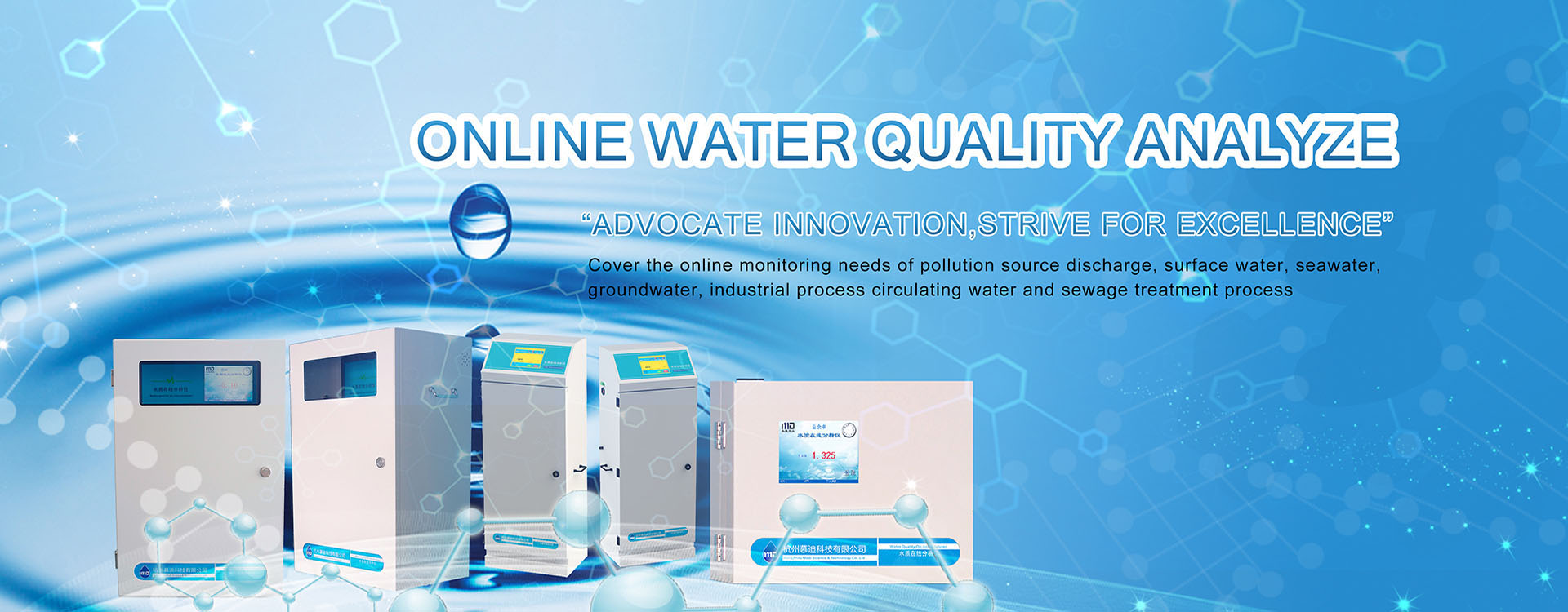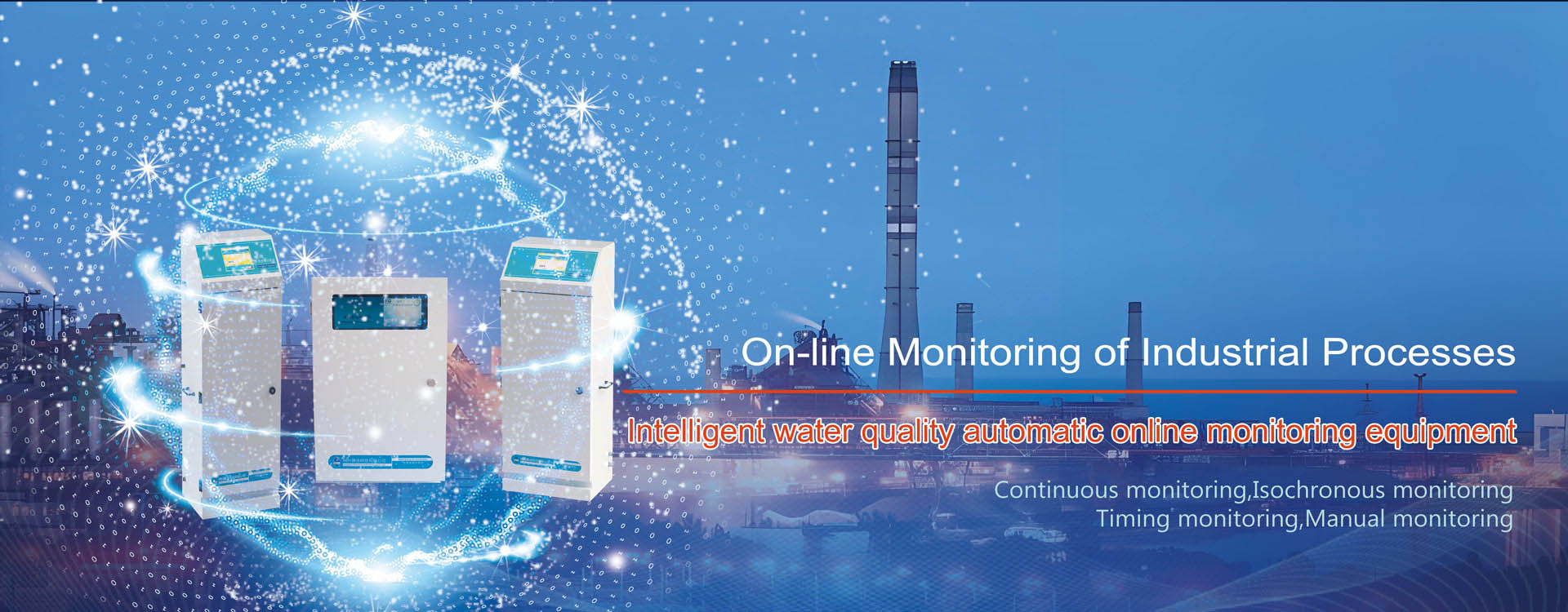In fact, when it comes to water resources for industrial use, it can be viewed from two aspects: conventional and unconventional water resources! This chapter will address this issue together with everyone to understand the specific situation of this water resource!
“Conventional Water Resources”
The surface water, groundwater and tap water that we commonly see around us can all be used as industrial water. Due to the different geographical locations of enterprises in various regions, the water sources they adopt also vary. Just like in the south, most enterprises in some cities use surface water such as river water and lake water, but in coastal cities, of course, seawater is used more frequently. However, in the north, many enterprises use underground water such as spring water and well water, and some industrial water uses wastewater. Generally speaking, as long as it can provide water for industrial production, it is a way of providing industrial water!
In addition, there is a tap water source and a self-supplied water source. For some industrial enterprises concentrated in cities, most of the water they use comes from the urban water supply system, and tap water is one of them!
“Unconventional Water Resources”
Seawater, brackish water. These can be regarded as unexploited water resources. Due to various reasons of pollution, conventional water resources are becoming increasingly scarce. At this time, unconventional water resources can be utilized, especially in industrial water use, they can replace conventional resources. In addition, sewage resources, in the context of water resource crises, can also be regarded as a resource in the face of industrial water use!
Of course, when using these water resources, attention should also be paid to the water quality! See if it is suitable for use. This is possible to conduct real-time monitoring of various indicators in the water through a water quality monitor. Of course, apart from industrial water, there are many other occasions where water quality testing is necessary to ensure safe application. For example: online monitoring of medical wastewater, process water monitoring, online monitoring of drinking water, etc.




